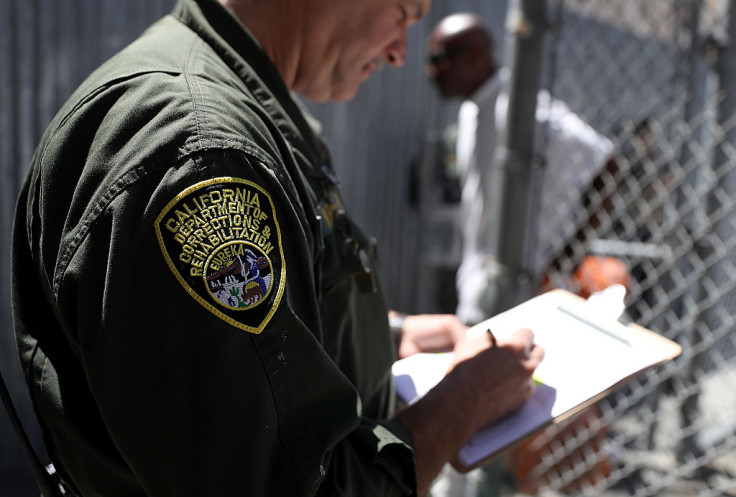
SEATTLE - California's Department of Corrections and Rehabilitation (CDCR) is facing a class action lawsuit that alleges "millions" of newly freed Californians have been unlawfully denied money owed to them by law.
Colloquially known as "gate money," people released from prison receive a small quantity of money to cover some of their basic needs immediately after leaving prison, like lodging, food or transportation. California law gives the money to almost every former prisoner within 60 days of their release, with exception for those who absconded from parole or who were incarcerated for less than six months.
But according to the lawsuit filed on Sept. 11 through the Alameda County Superior Court, some people are nor receiving their money and, in some cases, people are receiving deductions for things like transportation or clothing provided to the individuals upon release.
While talking to KRON4, UCB Law's Criminal Law & Justice Center revealed that many of the plaintiffs in the lawsuit left with a fraction of the $200 upon release.
According to the lawsuit, California prison officials created a policy in 1994 that allowed for these type of deductions, which plaintiffs' attorneys believe is unlawful, as the deductions often are not approved by the person being released.
Chesa Boudin, founding Executive Director of Berkeley Law's Criminal Law & Justice Center and ex-public defender to San Francisco, argues that the practice of withholding people's funds is an issue of individual rights and public safety.
"California has long recognized that providing gate money helps people to successfully reintegrate into their communities, thereby enhancing public safety for us all," Boudin said. "Yet the Department of Corrections has improperly diverted these funds to other purposes and continued to do so even after being reprimanded by the courts. Our lawsuit seeks to ensure that the agency which punishes people who break the law is itself fulfilling the letter and spirit of the law," Boudin added.
Attorneys argue that the law does not give CDCR the power to divert funds for their own purpose and that the department "exceeded" its legal authority by "by dipping into gate money to cover its clothing and transportation costs," the complaint alleges.
John Vaesau, one of two men leading the class-action lawsuit against CDCR, walked out empty handed after spending more than three decades behind bars. Vaesau was convicted of attempted murder for a crime he committed at 16, but was later resentenced under new laws.
"I was like, so do I get my $200 gate money?" Vaesau recalled asking San Francisco jail officials. "And they were like, 'They haven't sent us nothing.' "
According to Boudin, conversations with former inmates and with service organizations that are helping them revealed that "it is the majority of the 2.5 million people who have been released that are not getting the full amount they're entitled to," he said.
In 2008, California's Department of Corrections and Rehabilitation was accused of withholding release funds. Almost 20 years ago, the state's Court of Appeals reprimanded the department for not following the gate money law. "Yet to this day, CDCR has continued to withhold gate money from people it releases from prison," the complaint said.
© 2025 Latin Times. All rights reserved. Do not reproduce without permission.







